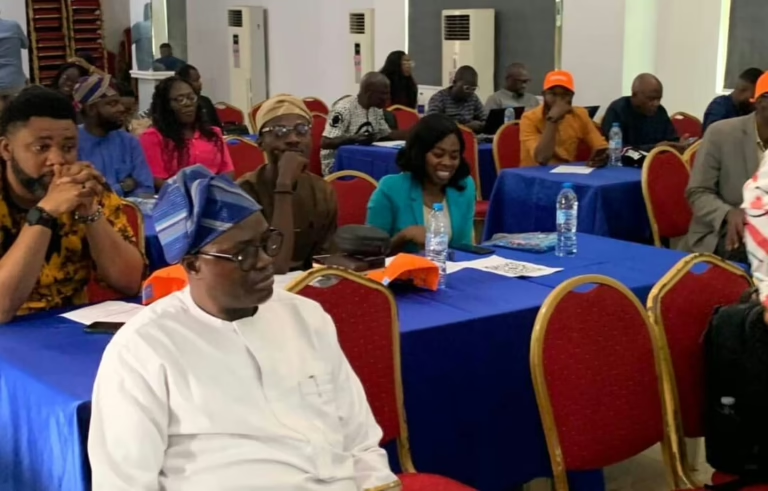The United Nations Children’s Fund (UNICEF) has identified Female Genital Mutilation (FGM) as a critical human rights issue that demands immediate and sustained action to eradicate.
At a recent two-day media forum, Celine Lafoucriere, UNICEF’s Head of the Lagos Field Office, emphasized the urgency of intensifying efforts to eliminate FGM in Nigeria by 2030.
Hosted by the Oyo State Ministry of Information and Orientation in partnership with UNICEF, the event took place in Benin, Edo State. It brought together journalists and civil society representatives from the South-West region to strategize on ending FGM nationwide.
Nigeria holds the unfortunate position of having the third-highest number of FGM cases globally, trailing only India and Bangladesh. Approximately 20 million Nigerian women and girls have undergone this harmful practice, with the majority subjected to it before reaching five years of age.
Lafoucriere underscored that FGM is not a voluntary act but a violation imposed on girls and women without their consent.
“The harsh truth is that most girls experience this trauma when they are defenseless. No tradition or cultural belief should ever jeopardize a girl’s health, rights, or future,” she asserted.
She acknowledged that deeply rooted myths, customs, and misunderstandings continue to fuel the practice but highlighted encouraging progress through national campaigns.
One such initiative is the federal government’s ‘Movement for Good,’ supported by UNICEF, which has mobilized millions of Nigerians to pledge against FGM. This movement empowers communities to speak out, encourages survivors to advocate for change, and inspires youth to demand an end to the practice.
She urged media professionals and attendees to harness the power of storytelling to elevate the voices of survivors and drive cultural transformation.
“The narratives you share can motivate families to make different choices for their daughters. Every girl deserves to grow up without the shadow of this threat,” Lafoucriere appealed.
Denis Onoise, UNICEF’s Child Protection Specialist, expressed deep concern that many girls undergo FGM at an age when they cannot comprehend or oppose the procedure.
Onoise detailed the severe consequences for survivors, including loss of dignity, lifelong physical injuries, psychological trauma, childbirth complications, and heightened vulnerability to future health issues.
Highlighting the broader impact, he noted that the global psychological and economic toll of FGM is estimated at around USD 1.4 billion. “If decisive measures are not taken promptly, the human suffering and financial costs will continue to escalate,” he warned.
FGM expert Mrs. Aderonke Olutayo pointed out that the persistence of the practice is partly due to widespread ignorance about the Violence Against Persons Prohibition (VAPP) law, which has been enacted in many states.
She called on community leaders to actively promote the enforcement of existing legislation and advocated for stronger collaboration among the media, judiciary, and healthcare sectors to eradicate FGM.
“FGM undermines the strength of communities. The media must lead by setting the agenda, raising awareness, and dismantling the harmful myths that endanger women and girls,” Olutayo emphasized.

















